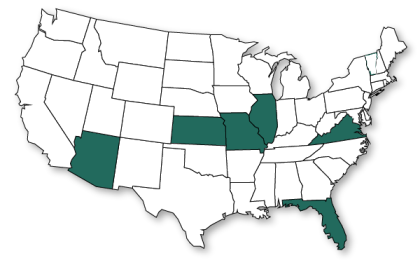Every summer, our team gets calls from customers after a fun weekend on the water takes a turn for the worse. Often, these accidents could have been prevented with just a few simple precautions. Here are a few tips we like – courtesy of our partners at Safeco. Summer is meant for fun in the sun, not accidents.
Life Preservers Aren’t Just for Kids. It’s not enough to just have life jackets on board – wear them! In an accident, people rarely have time to reach for a life jacket. It goes without saying that every child should be wearing a life vest from the time you leave the dock until you get back, adults need them too. More people in their 30s die in boating accidents than any other age group, and many of those are preventable accidents. Life vests have come a long way in style, so if glamour is your thing, find one that matches your swimsuit; no matter what they look like, just make sure they float. Today, you can even get vests for your water-loving dog!
Watch the Back of the Boat. Carbon monoxide kills in minutes. So tell your passengers where your exhaust pipes are located and turn off your engine when people are in the water. Don’t let passengers “ski” or “teak-surf” by holding on to the back of the boat. Both Washington and Oregon made teak-surfing illegal in the last few years, after several tragic deaths. Carbon monoxide detectors are standard on most new boats; older boats install devices for less than $100.
Get Watercraft Insurance. Most home insurance policies have limited coverage for boats. If you own a boat, watercraft coverage is your best bet. Not only does is cover accidents, it will also help you in the case of theft, damage, and injuries. Some policies will also cover your expensive watersports gear.
Alcohol and Boating Don’t Mix. More than 50 percent of drownings result from boating incidents involving alcohol. You don’t drink and drive, so don’t boat and drive. Be a conscious boater and watch your guests’ intake, as well.
Boats Need TLC too. When you’re out on the water, make sure your gas tanks are vented and bilges are free of vapors, oil, waste, and grease. Carry a charged fire extinguisher. Have your boat’s operating systems checked yearly by a certified marine technician. The Coast Guard Auxiliary and United States Power Squadrons offer free vessel safety checks, so you have no excuse not to be diligent.
Experience Counts! The U.S. Coast Guard says that operator errors account for 70 percent of all boating accidents. Make sure anyone who drives your boat is properly trained. You can also earn boat insurance discounts from Safeco and other insurers if you complete a safety course with the Coast Guard Auxiliary or U.S. Power Squadrons.
Sites for Information:
Coast Guard: www.uscgboating.org
Coast Guard Auxiliary: nws.cgaux.org/
Safeco tips: www.safeco.com/insurance-101/consumer-tips/your-boat


